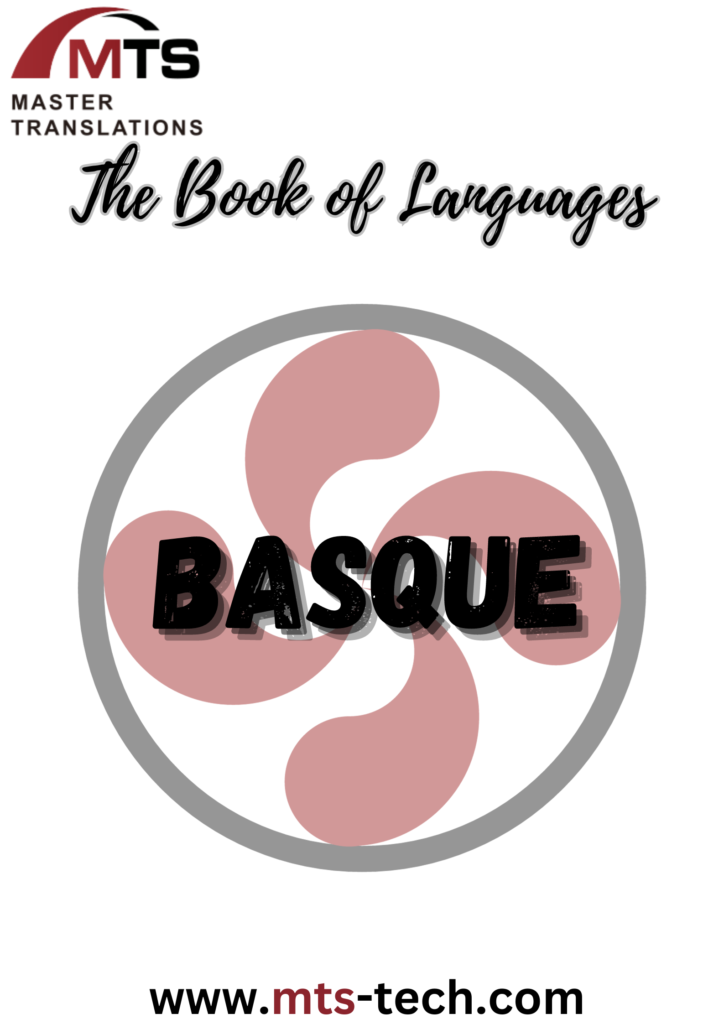

Nestled in the heart of the Pyrenees, straddling the borders of Spain and France, is the Basque Country – a region with a unique and mysterious language called Basque (or “Euskara” in its native tongue). Unlike any other European language, Basque stands out not only because of its distinctive sound but also because of its enigmatic origins.
This ancient language, spoken by the Basque people, remains one of Europe’s oldest and most puzzling linguistic phenomena. While the world has seen countless languages evolve and intertwine, Basque has staunchly retained its individuality, eluding classification and remaining unrelated to any other known language.
The history of Basque is shrouded in mystery and intrigue. It predates the arrival of Indo-European languages in Europe, making it older than most of its contemporary languages on the continent. This antiquity has led many to speculate that it could be a remnant of the languages spoken in Europe before the spread of Indo-European tongues.
Throughout its history, the Basque language has faced numerous challenges. From Roman invasions to the Franco regime’s suppressive policies, which prohibited its use, Basque has weathered many storms. Yet, its resilience is evident as it has not only survived but also thrived, undergoing a revival in recent decades and gaining recognition as an official language in the Basque Autonomous Community of Spain.
Words!
Txokolate: Borrowed from the Spanish “chocolate”, this word, with its unique pronunciation, is a nod to the Basque’s love for the sweet treat and their history of trade.
Jator: Translated as ‘origin’ or ‘source’, this term holds profound significance in Basque, emphasizing the importance of understanding one’s roots. In a broader context, it also represents the Basques’ deep-rooted connection to their land and ancestry.
Euskaldun: Literally meaning ‘one who has Basque’, this term refers to a Basque speaker. More than just a linguistic marker, ‘euskaldun’ denotes belonging to the Basque community, symbolizing the integral role the language plays in uniting its people.
Basque Art!

The Basque language has left an indelible mark on the world of art. From the poetic verses of Bernart Etxepare to the contemporary writings of Bernardo Atxaga, Basque literature offers a rich variety of stories, culture, and history.
Music is another realm where the Basque language shines. Traditional songs, often accompanied by the txistu (a type of flute) or the tambourine, capture the region’s folklore and traditions. Modern Basque musicians, blending ancient sounds with contemporary beats, have garnered international acclaim, further elevating the stature of this ancient tongue in global arts.
Learn Basque?
For a new learner, Basque can be a challenging language to grasp. Its unique structure, which differs significantly from Indo-European languages, requires a shift in linguistic perspective. The rich system of declensions, where nouns change form based on their role in a sentence, adds to the complexity.
Moreover, the language has various dialects, each with its own quirks and nuances. This regional variation, while a testament to the language’s rich history, can pose additional challenges for learners. However, those who start the journey of learning Basque find themselves diving in history, culture, and a linguistic legacy that stands as a testament to human resilience and diversity.
